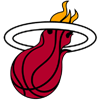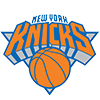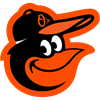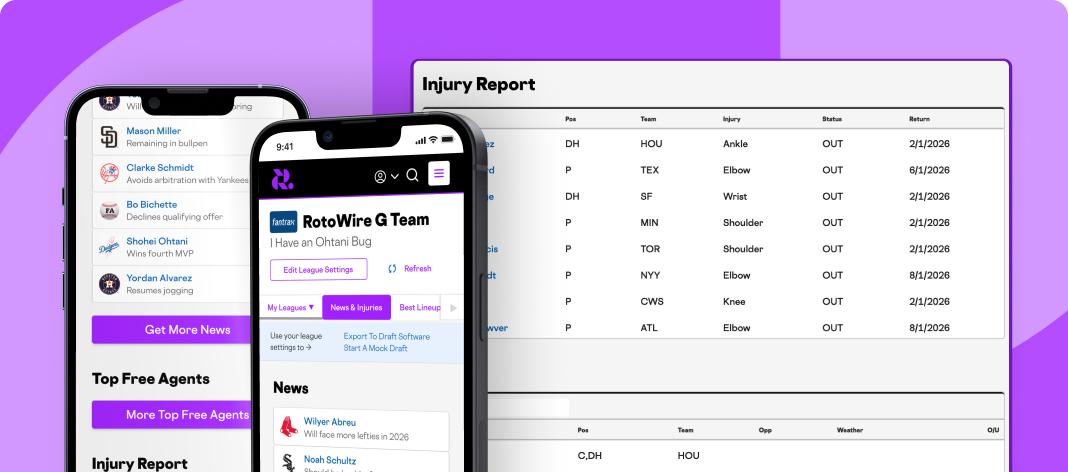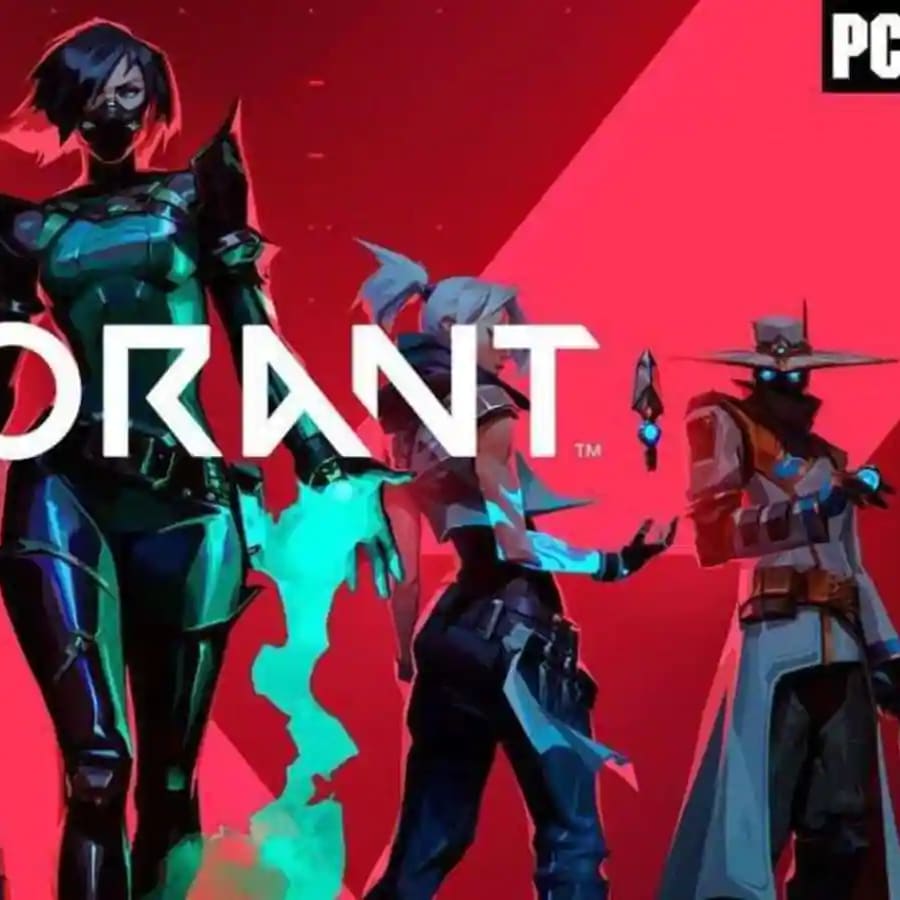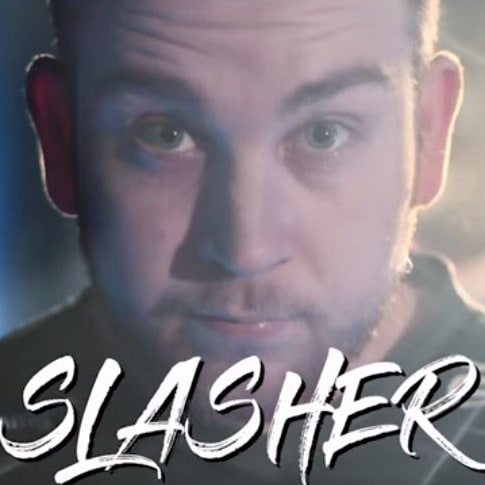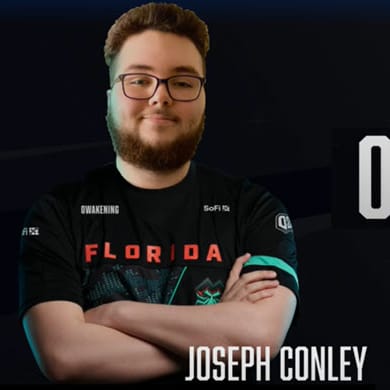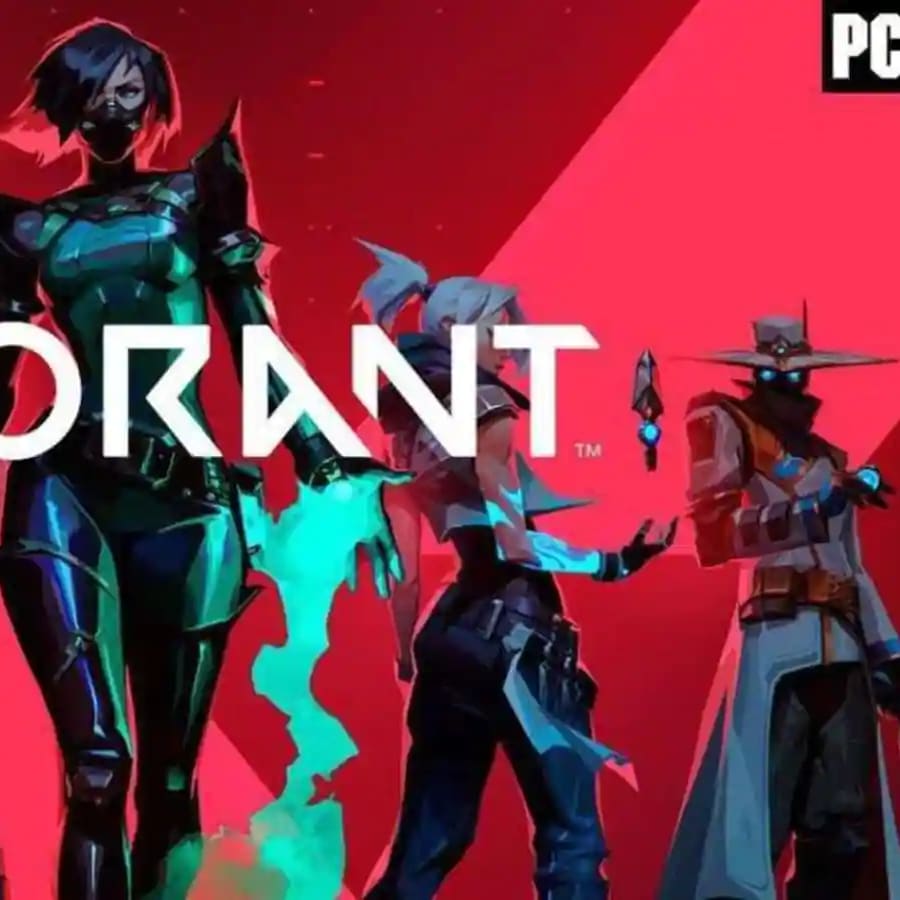Inhouse leagues have been a part of competitive gaming since its inception. In Starcraft: Brood War, players competed on the ICCup ladder, which is still in existence today. Counter Strike: Global Offensive has ESEA and its tiered league system, as well as the more loosely defined CEVO league. During the days of Warcraft III Dota, both Garena and DotaCash offered popular league services, and many professionals today got their start in these leagues.
The inhouse scene for Dota 2 has been comparatively empty for most of the game's history. In the past, leagues like IXDL and the North American/European Elite Leagues have tried to preserve or revive the inhouse culture, but none of these leagues exist today in a meaningful form. The CDEC Inhouse league in China is successful and competitive, but it's difficult to spectate or follow for western fans. The recent introduction of the FaceIt Pro League (FPL) has started a resurrection of the western inhouse scene and brought a lot of attention to just how much these leagues have to offer.
For professional and aspiring professional players the benefits are obvious. FPL is a much more competitive environment than the regular matchmaking ladder. The games are more evenly balanced in terms of skill thanks to the invite-only vouch system that ensures only high skilled players make the cut. This means no more having to play an essentially 1-vs-9 game, where a high skill player not only has to fight the enemy team but also his own team's poor choices. Additionally, players who prefer the support role now have a legitimate space to practice their skills. The Captain's Mode format ensures a more balanced draft compared to the current All-Pick system, and places players in a similar environment as they would find competing on the main stage of a big event.
Players with aspirations of going pro now have a clear track to follow. There are five tiers to progress through in the Faceit system before the Pro League: Bronze, Silver, Gold, Diamond and Master. Each month, the top-10 Diamond and top-50 Master level players enter into a five-day qualification league, from which the top three will qualify to the pro level. It may sound difficult, but this system gives players a chance to show that they are truly skilled, and ensures that the pro level doesn't become oversaturated. Once qualified for the Pro League, your chance of getting noticed or forming a team of solid players improves dramatically. This has happened in the past, the best example being Ivan Borislavov "MinD_ContRoL" Ivanov. He placed at the top of the old Faceit Pro League Europe ladder in 2015, and was subsequently recruited to Kuro Salehi "KuroKy" Takhosomi's team 5jungz that would go on to become Team Liquid and win The International 7.
For amateur or aspiring casters, FPL is a dream come true. Now there is an almost constant supply of high-level games for people to cast, and all the matches are free to spectate in the Dota 2 client. It has never been easier for a caster to build a large and diverse portfolio of content. Not only this, but people are much more likely to actually tune in and watch because these games feature their favorite pros instead of unknown amateur teams competing in smaller leagues. There are games in both the North American and European region to commentate, and hopefully FPL will soon expand to other regions of the world.
For the rest of us, FPL is still a welcome addition to the Dota 2 scene. According to Twitch statistics site sullygnome.com, general viewership of Dota 2 on Twitch has been on a steady rise since FPL began its season at the end of August. Players who choose to stream their FPL games have seen an increase in viewers, and the front page of /r/Dota2 has been populated with a healthy number of clips featuring funny moments and sick plays.
FPL has created an entirely new viewer experience, and a welcome one at that. Besides the fact that FPL has given viewers a nearly constant stream of high-tier Dota 2 matches to spectate, it has also given people a more intimate look at a lot of their favorite players. Whenever professionals stream their FPL games, viewers can listen in to Teamspeak. This gives fans a chance to hear what their favorite pro is like in-game, learn their sense of humor and get a better general idea about their personality. The Dota 2 professional scene is more focused around individual players than teams, so this chance for fans to get to know their favorite pro is very exciting. A lot of popular pro players choose not to stream, and this glimpse into their personalities is a unique and fun experience for fans.



